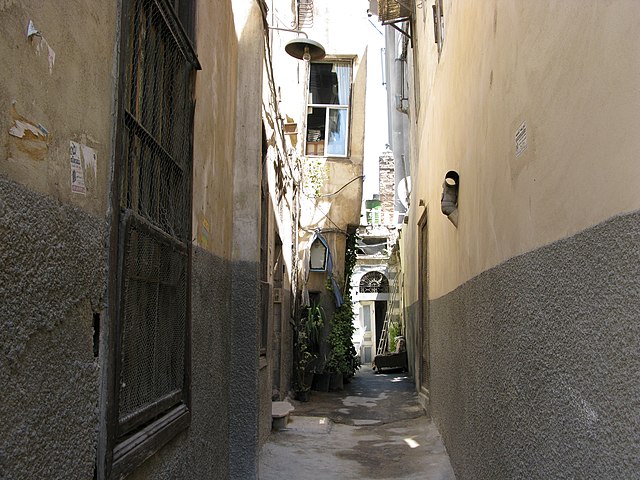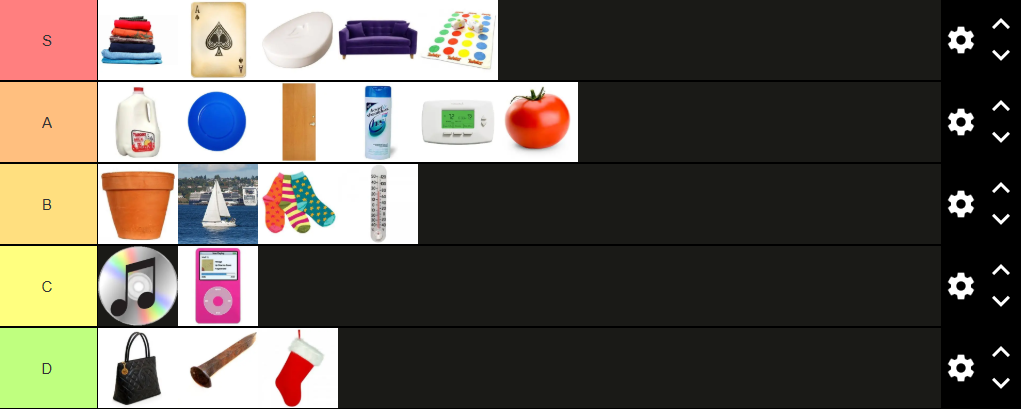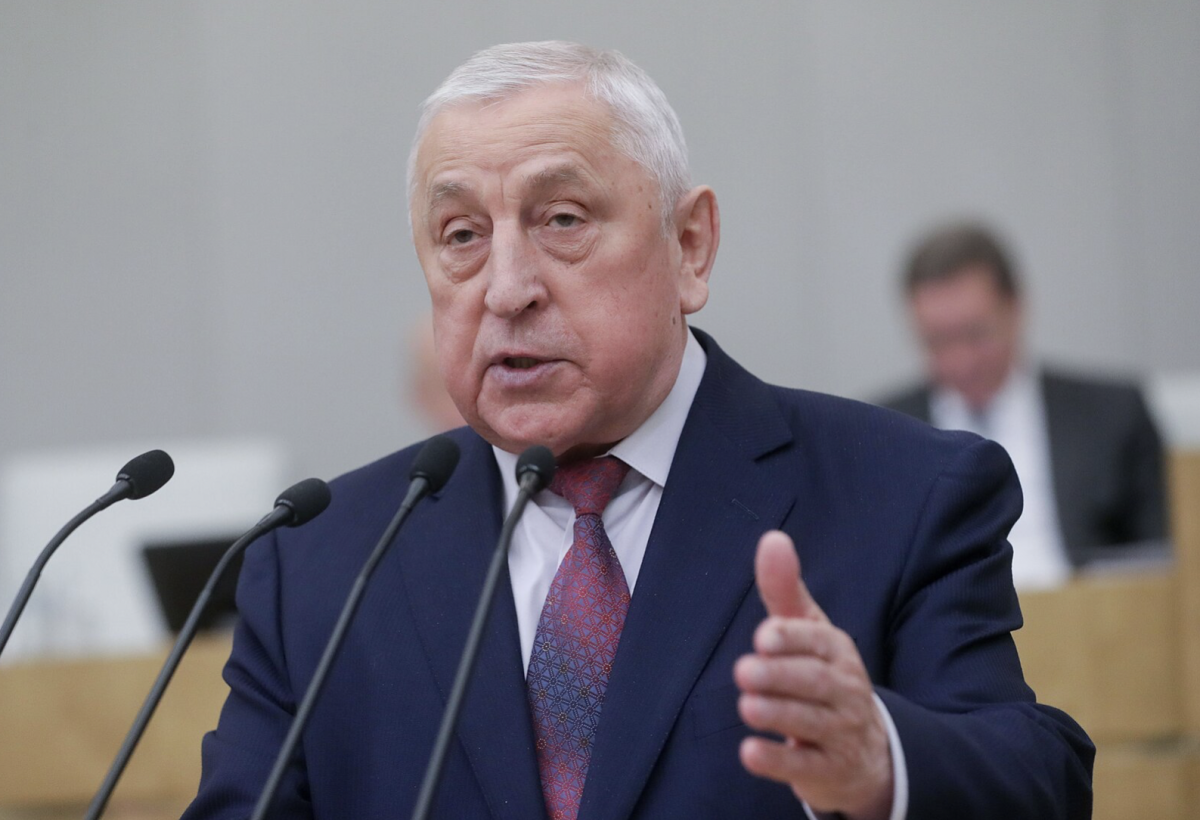As Iran has grown on the world stage, their ties to Syria have become ever more prevalent to US audiences. To further understand Iran’s involvement in the Syrian civil war, we must first establish a baseline of what the Syrian civil war is.
The Syrian civil war, otherwise known as the Syrian Crisis is the largest displacement crisis in the world as it enters its 13th year. The beginning of the Syrian civil war dates back to 2011, when levels of civil unhappiness were high. That unhappiness stemmed from high levels of unemployment, widespread corruption, and a lack of political freedoms issued by the government led by Syrian President, Basar Al-Assad.
It is believed that the motivation for this new revolution in Syria originated from the “Arab Uprisings’ in Tunisia and Egypt, which were peaceful protests that had begun that same year in March.
However, when Syrian protestors attempted to create change through civil means, they were met with heavy dissent from the Basar Al-Assad regime. As tension rose, the violence grew as well, ultimately leading to a full-on war. As a result of this extended war, the humanitarian impacts have been devastating. Nearly 13 million residents of Syria have been displaced as a result of the war. Many have moved to neighboring countries such as Lebanon, Jordan, Turkey, and Iraq.
There is still no clear path to peace in Syria. As time carries on the complexities of the war also continue to grow. The war has slowly become a three-part war, including the Turkish-backed forces in the northwest who are fighting against the Syrian government forces, but are also opposed to the US-backed Syrian Kurdish control over the Northeast. Another large reason no peace agreements have been made has to do with the need for the removal of the current Syrian president, Bashar Al-Assad, and the need for the Iranian and Russian Governments to buy into the peace process. Both are extremely difficult to achieve on their own, but with each one depending on the other, it is practically impossible.
What is at play and who are the outsiders affecting this current conflict in Syria? Firstly, Iran is in support of the Syrian Government and the Basar Al-Assad regime. Iran, also known as the Islamic Republic of Iran, and Syria are strategic allies. Hence, why Iran is providing military, financial, and technical support in favor of the standing rulers of Syria. Almost immediately following the transition from civil protest to Civil war, the Islamic Revolutionary Guard Corp (IRGC), sent thousands of troops to Syria to assist. The main objective of sending troops and assisting the Syrian government is to protect the power held by Bashar Al-Assad and to continue to keep the current government system in power.
This perhaps leads to the larger motives that Iran holds for assisting in this war.
Syria has been the only consistent ally of Iran since 1979 and the Basar Al Assad governmental party has played a major role in Iranian affairs as it serves as a buffer against Saudi Arabia and the United States influence in the Middle East. Two established countries that Iran dislikes. Furthermore making Syria a must-have asset for the greater good of the Iranian way of living. As well, with a superpower like Russia, who has also agreed to assist the Syrian regime in the civil war, on your side, I would assume that the Iranian government feels that it has nothing to lose.
With no real ending in sight, Iran is winning. The current government will remain in power and considering the status of the civil war, Basar Al-Assad will be remaining president for the time being. Which is ultimately all Iran wanted from the beginning. It is reasonable to believe that the civil war is very beneficial for Iran. With the Syrian regime in need of assistance, Iran is very much in control of the entire government as of now. The benefits of the regime standing remain.


















